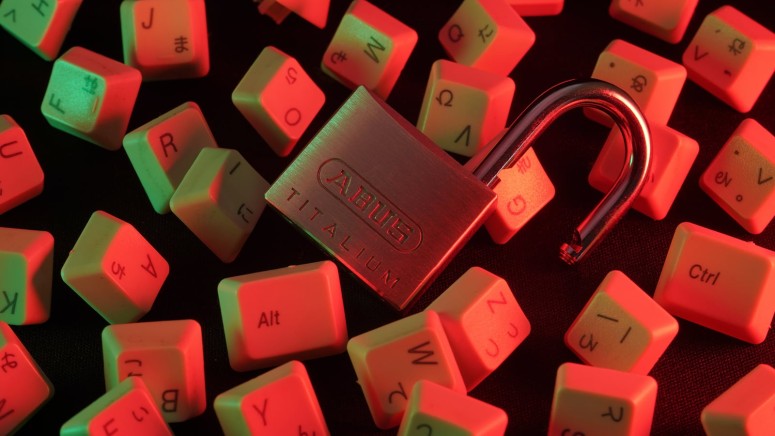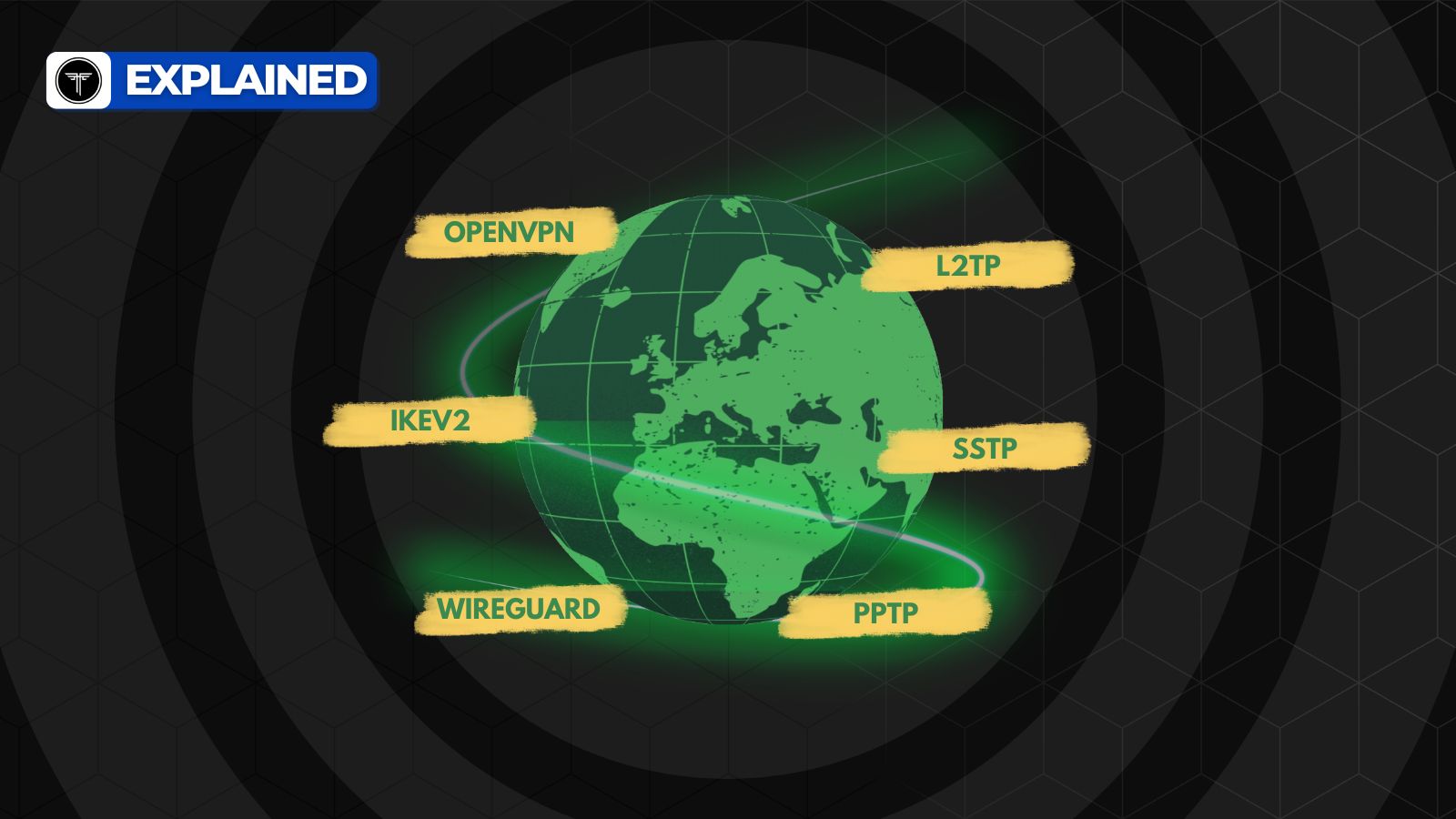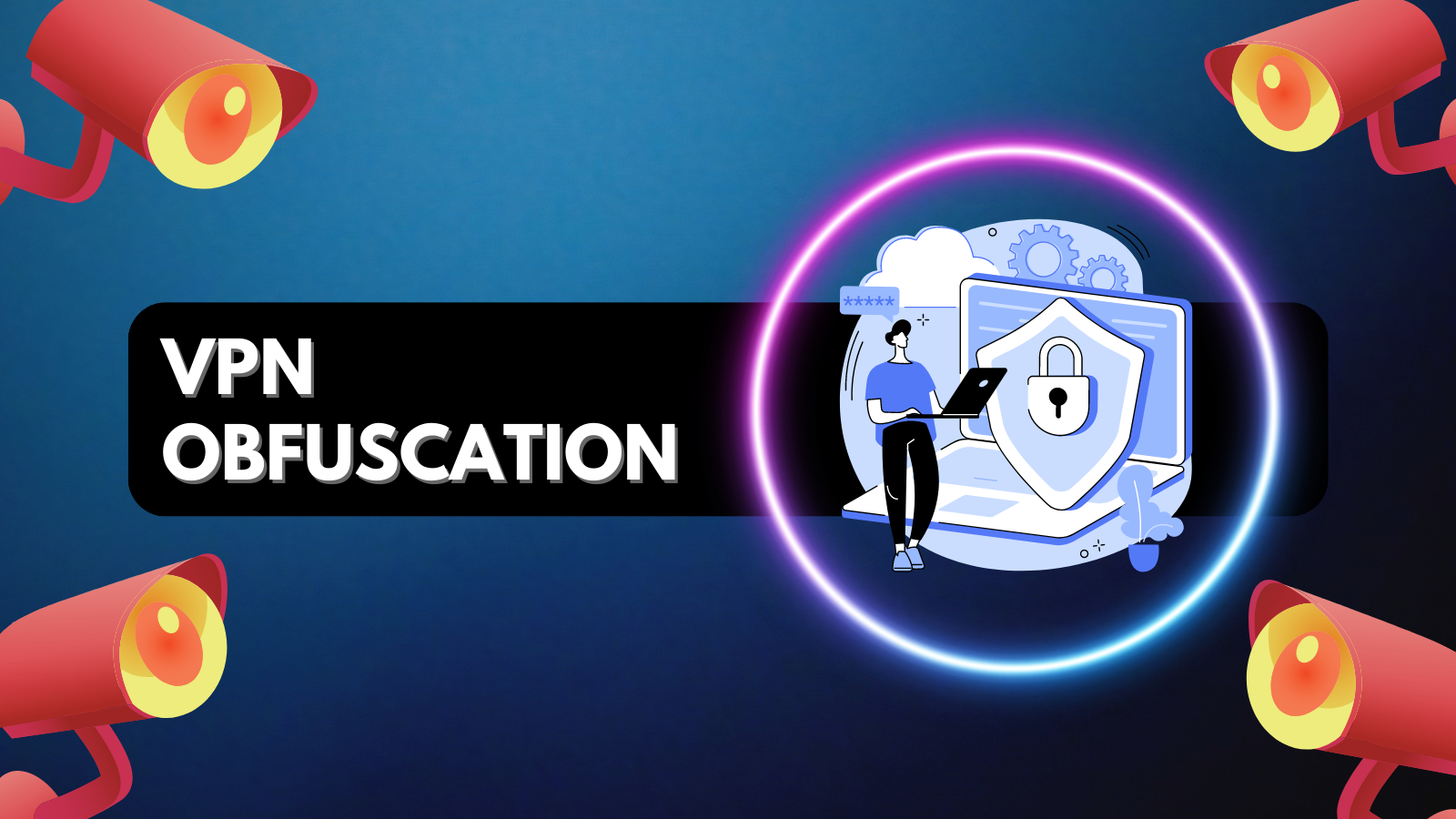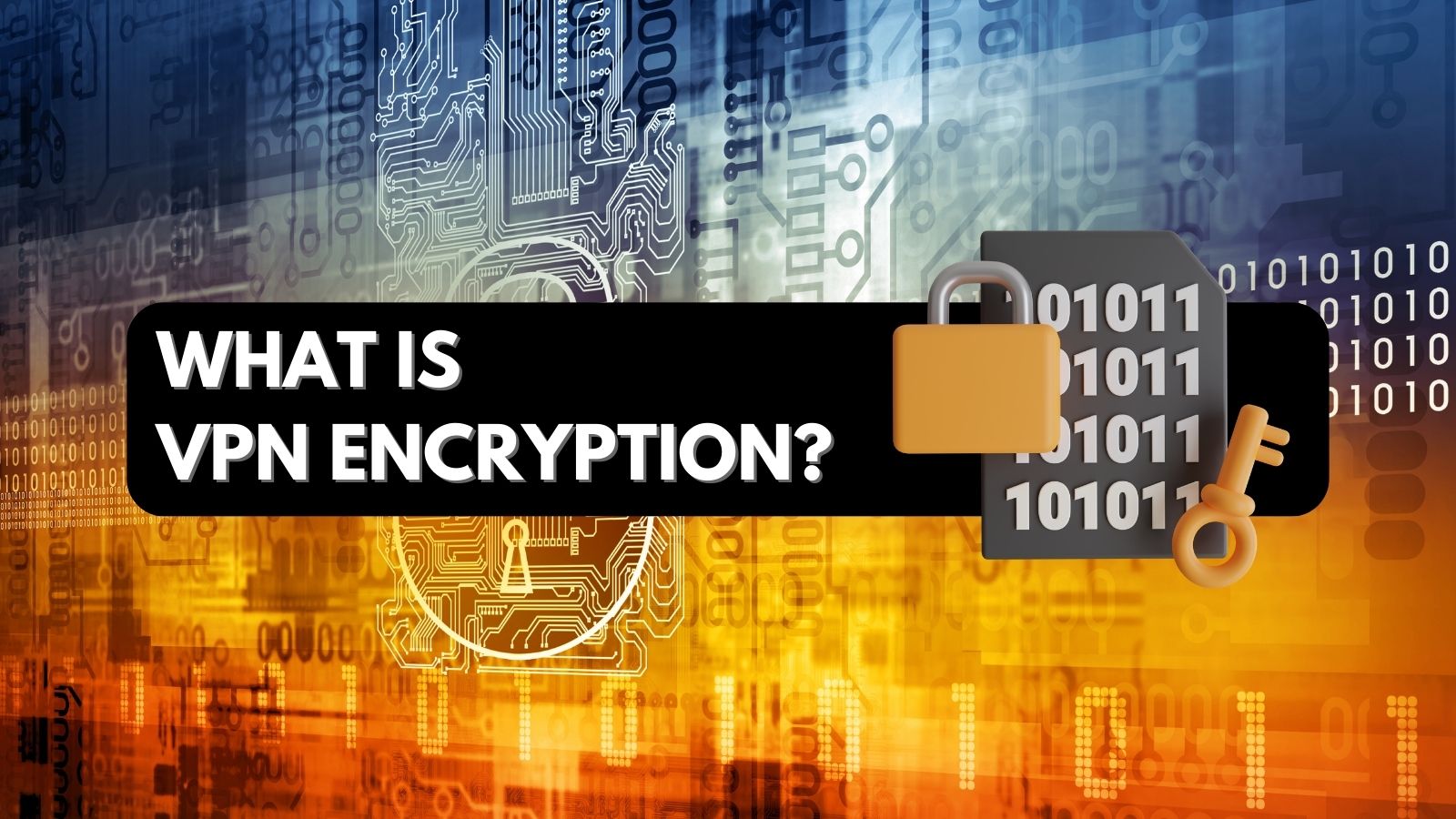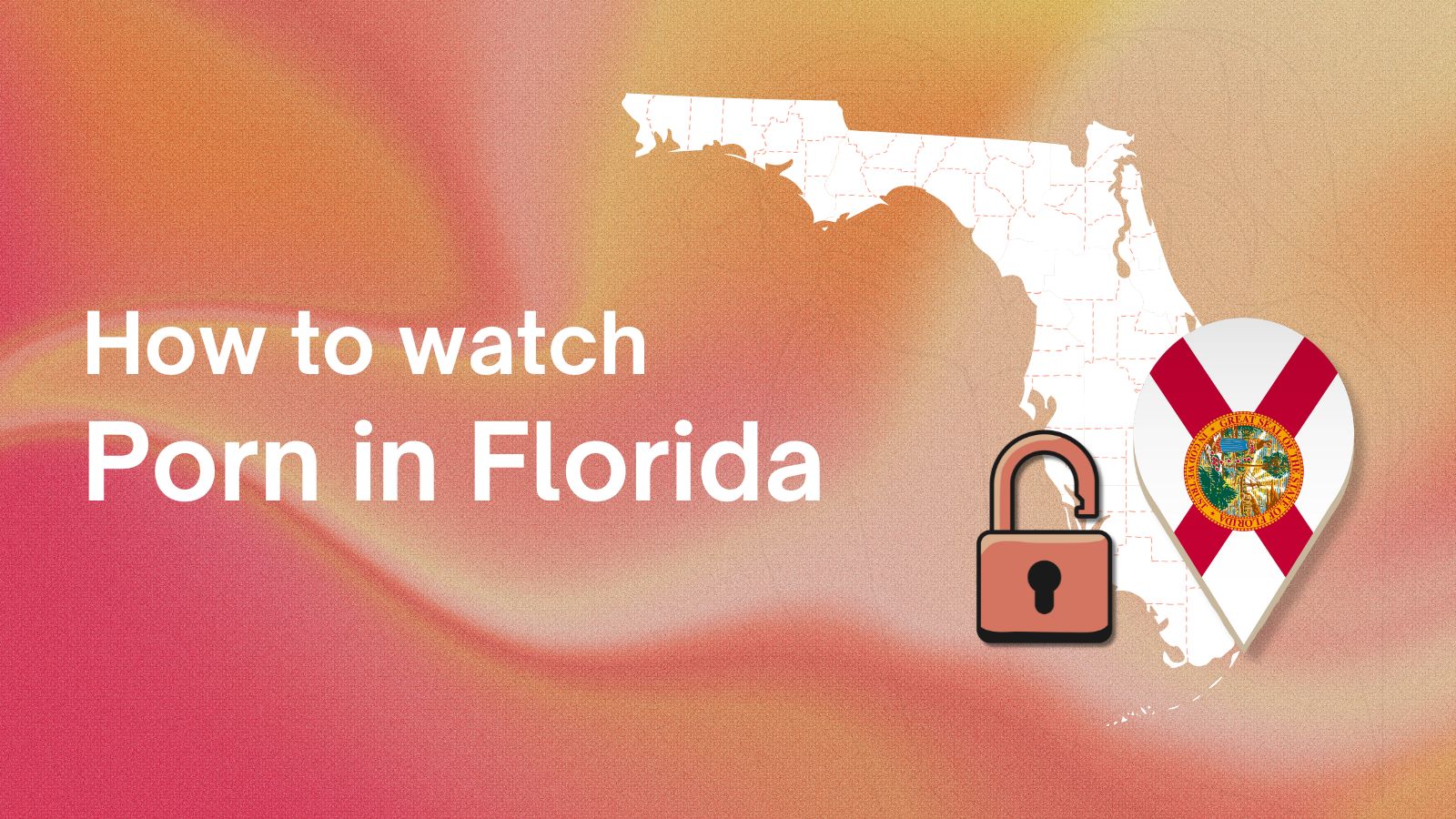
When you purchase through links on our site, we may earn an affiliate commission. Here’s how it works.
Are VPNs Safe in 2025?
A VPN can safeguard your privacy on the Web by encrypting your data and hiding your IP address. However, hackers and government agencies may use sophisticated methods like DPI (Deep Packet Inspection) to track your Internet activities. Hence, you may ask, is your data fully secure with VPN technology, and are there any risks?
Well, if you are using a capable VPN with robust security, then your data is secure, and there are no risks. However, while VPNs are legal in most countries, it is important to check the laws in your particular location. That is because a few countries like the UAE, Iraq, and North Korea have strict regulations against VPN usage.
In this article, we will answer the question of - are VPNs safe and what makes them secure. You will also learn how to choose one for maximum safety.
Are VPNs Safe?
Yes, VPNs are generally very safe. However, it also depends on which VPN you use. Robust VPNs that are engineered for maximum security and privacy, especially on public Wi-Fi networks are safe to use.
On the other hand, free VPNs can be unsafe due to a lack of security and questionable practices like selling user data, pushing advertisements, and more.
Generally, VPNs protect you by creating a tunnel for your data, preventing hackers and your government from snooping on your activities. To achieve this, they use encryption protocols, which are a set of instructions that transform your data into encrypted (unreadable) code. By combining this with features like a kill switch, your identity stays hidden even if your connection drops.
Moreover, safe VPNs also employ a strict no-logs policy, which means that there's no trail of your online browsing.
What Makes a VPN Safe?
The various qualities that make a VPN safe are unbreakable encryption, a strict no-logs policy, a privacy-friendly jurisdiction, and advanced security features like a kill switch, DNS leak protection, and malware blocking.
Other additional features you should look for include RAM-only servers that delete data every time they reboot. With that, make sure the provider has a clean history.
Let’s take a look at the key features that make a VPN safe.
- Secure Protocols: Secure VPN protocols like WireGuard, IKEv2/IPSec, and OpenVPN are essential for establishing a safe VPN connection. They dictate how data is transmitted and ensure top-notch security.
- No-Logs Policy: A VPN that doesn't store your browsing history, IP address, or any other data ensures that your online activities remain private.
- Kill Switch: This safety net cuts off your Internet connection if the VPN connection drops and prevents data exposure.
- Favorable Jurisdiction: Choose a VPN provider located outside the 5/9/14 Eyes Alliance to avoid intrusive government surveillance laws.
- RAM-Only Servers: These servers delete all data upon reboot, ensuring no permanent data storage. This means that nobody will be able to access your data at any time in the future.
- Encryption: Look for AES-256 encryption, which is the gold standard for data security due to being practically unbreakable. This converts your Internet data into unreadable code that cannot be deciphered by anyone.
- Two-Factor Authentication: A two-factor authentication is a feature that prevents unauthorized users from signing into your account. This adds an additional layer of security and requires you to verify your sign-in via phone or email.
- VPN Provider History: Good providers have a clean track record with no scandals related to data breaches, privacy violations, and other suspicious activities. This indicates reliability and commitment to user security.
- DNS Leak Protection: This feature ensures your DNS requests are fully encrypted, keeping your online activity private and enhancing your security.
- Ad and Malware Blocking: Some VPNs come with malware and ad-blocking capabilities that can enhance your browsing experience and keep you safe from malicious websites.
How to Choose a Safe and Secure VPN?
To choose a safe and secure VPN, you should look for certain factors, like the provider’s commitment to security and privacy. For this, check their security features and whether they have a no-logs policy. Other factors to consider include favorable jurisdiction, RAM-only servers, simultaneous device connections, and responsive customer support.
Let’s discuss all of these features in more detail.
- Security: A robust VPN should incorporate AES-256-bit encryption, the strongest standard available, to keep your data secure from interceptors. It should also offer a variety of secure VPN protocols, such as OpenVPN and IKEv2/IPSec, which are known for their reliability and speed. Similarly, a kill switch is a non-negotiable feature; it ensures that if your VPN connection drops unexpectedly, your Internet access is cut off, and data leaks are prevented.
- Verified No-logs Policy: Get a VPN that has a strict no-logs policy, verified through independent audits. This means the VPN provider does not keep any records of your Internet activity, ensuring maximum safety in case of a data breach.
- Favorable Jurisdiction: The location of the VPN provider is crucial. You'll want a VPN that is headquartered in a country with strong privacy laws and outside the 5/9/14 Eyes Alliance, which could compel the provider to hand over data to the government.
- RAM-Only Servers: Secure VPN services operate on RAM, and they do not store any data on hard drives, which means all information is wiped clean every time the server is rebooted. This is a critical feature for ensuring that your data cannot be retrieved or compromised.
- Sizable Server Network: A VPN with a vast network of servers around the globe means you have more options to find a fast and reliable connection, which is particularly important for streaming and browsing without interruptions.
- Simultaneous Connections: The ability to have multiple devices connected at once is essential for protecting all your devices without the need for separate VPN subscriptions.
- Money-Back Guarantees: A money-back guarantee reflects the confidence a VPN provider has in their service and allows you to test the VPN risk-free to ensure it meets your needs.
- Customer Support: Access to prompt and knowledgeable customer support is vital. It ensures that any issues you encounter can be resolved quickly and your online experience is kept smooth and secure.
The best VPNs should check all the right boxes. In light of the features described above, we recommend NordVPN since it’s one of the most secure VPNs. Based on our thorough testing, NordVPN works seamlessly in various use cases like streaming, gaming, torrenting, and plenty more.
Are Free VPNs Safe to Use?
No, free VPNs are not safe to use because the providers often engage in questionable practices that compromise your privacy and security. While you may be tempted by the fact that they’re free, the risks associated with using free VPNs outweigh any perceived benefits.
Free VPN services are known to collect and track user data, which can include browsing history, IP addresses, and even personal information. After collecting the data, the providers often use it for advertising purposes or, worse, sell it to third parties.
Unlike capable and paid VPNs, which prioritize security and have strict privacy policies, free VPNs often lack the infrastructure and incentives to meet high standards. You can learn more about that in our guide that answers the question of - are free VPNs safe.
Final Thoughts
The answer to the question, are VPNs safe, is - yes, but only if you are using a secure VPN in the first place. Generally, a VPN can be your best shield against government censorship, hackers, and geo-restrictions on the Internet.
For maximum safety, you need a VPN that comes with unbreakable encryption and a strong commitment to net neutrality and privacy. We recommend NordVPN because it checks all the right boxes. It employs military-grade 256-bit AES encryption along with advanced security features, a huge server network, and responsive customer support.
We hope that this article answered your question about the safety of VPNs in 2025. If you have any comments, feel free to share them with us below.

